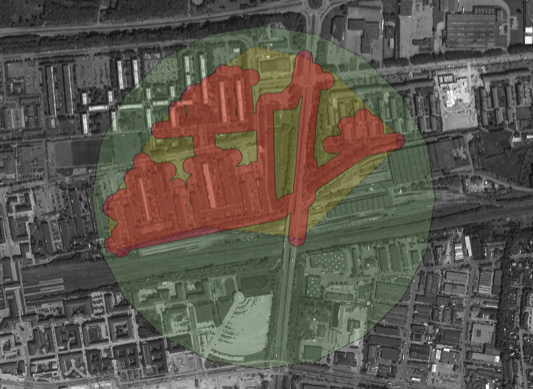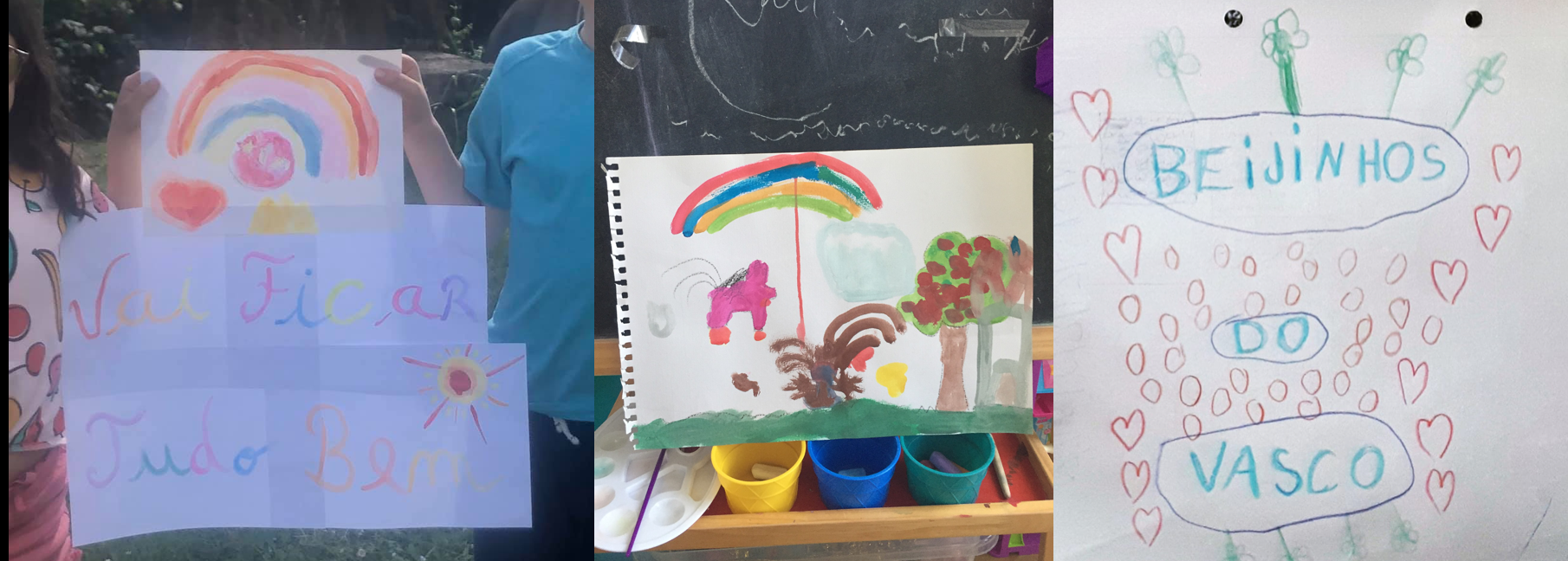The following article was published on the site of Porto Municipality:
Porto hosted the latest meeting of the URBiNAT project consortium – Healthy Corridors as drivers of social housing neighbourhoods for the co-creation of social, environmental and marketable NBS. After six years of work focusing on building healthy corridors, the meeting aimed to take stock of the project and share results.
The meeting, which took place on 7-8 March at the Escola de Hotelaria e Turismo do Porto (School of Hospitality and Tourism of Porto) and on 9 March in Campanhã, brought together members from all over Europe, namely the frontrunner cities (Sofia and Nantes) and the follower cities (Nova Gorica, Brussels and Høje-Taastrup) and represented an opportunity for policy decision-makers, municipal technicians from various areas, as well as researchers and various organisations involved in the project to share experiences and learnings.
In addition to political and technical conferences and debates with different stakeholders, the meeting also offered working sessions and visits to various projects in the city of Porto.
URBiNAT’s closing event took place in Campanhã, in Parque Alameda de Cartes (whose works were carried out by GO Porto), with a visit to the area of the park that is already open to the public, next to Escola Básica do Falcão. The initiative included various activities, such as painting workshops, a community lunch, the campmarket (with local artisans), concerts, and more.
URBiNAT and nature-based solutions
URBiNAT focused on the regeneration and integration of deprived social housing developments through an innovative and inclusive Nature-Based Solutions (NBS) catalogue.
In Porto, the municipality chose the parish of Campanhã and its community to develop the project. During a six-year process of co-creation, organised in four phases (co-diagnosis, co-design, co-implementation and co-monitoring), citizens were invited to take part in various activities, workshops and public events, bringing their experience into project design. The use of nature-based solutions in city planning has made it possible to improve citizens’ quality of life, mitigate some of the effects of climate change and sustainably manage natural resources.
Started in 2018, URBINAT began with the creation and design of a healthy corridor between the neighbourhoods of Cerco, Lagarteiro and Falcão, but it has grown into a larger project, giving way to 40,000 square metres of green space in the area, opening up a pedestrian and cycling channel from Parque da Corujeira to the entrance to Parque Oriental – the so-called Parque da Alameda de Cartes. This requalification, which was designed and implemented with the local community and inspired by nature, encourages people to move around in safer, more pleasant spaces and to enjoy them as leisure and contemplation spaces.
URBiNAT, funded by H2020, consists of a worldwide consortium of academic and business partners in seven European cities. Each URBiNAT city acts as a living lab for the implementation of Healthy Corridor solutions. The cities are supported by local partners, associations and research centres, and other European centres, universities and companies. The cities of Porto, Nantes and Sofia are acting as pioneers based on their proven experience in the innovative use of public space with NBS. The cities of Siena, Nova Gorica, Brussels and Høje-Taastrup share and replicate URBiNAT concepts and methodologies in their role as followers.
In Porto, the project involved dozens of partners, including the Porto City Council, Domus Social, E.M., BIOPÓLIS, the Centre for Social Studies of the University of Coimbra (CES), the University of Coimbra and the GUDA design studio.





